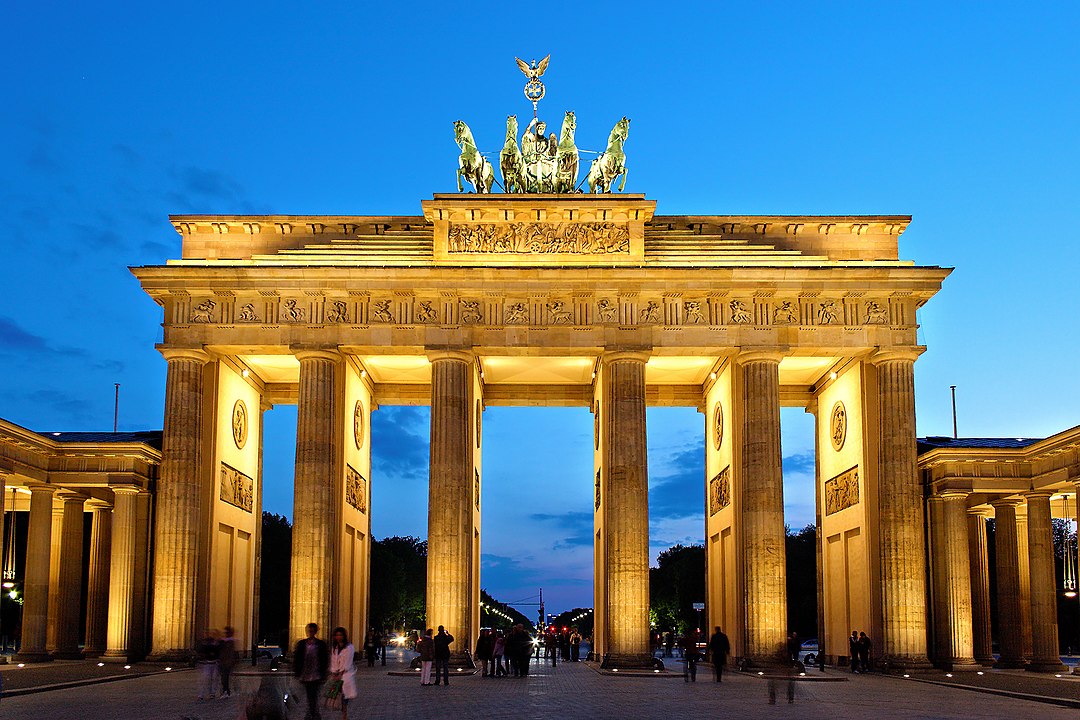Germany’s European halo has been extinguished, but very few in Berlin will admit it.
The belief in Germany’s special role in leading Europe is still strong on the Rhein. The dogma that what is good for Germany must be good for Europe is something that we have become accustomed to over the past three decades, and criticism of Germany became conflated with criticism of Europe, as critics were labeled as anti-European.
Polish critics of Berlin are therefore presented as having a chip on their shoulder and being obsessed with the past. Common sense was meant to prevent criticism of Germany since it was Germany who was Poland’s main trading partner and ally in Europe.
I cannot agree that criticism of German policies in Europe is something damaging. As long as the criticism is substantive, it holds. Even though the ties between Poland and Germany are strong on the economic front, the two countries have fallen out significantly over attitudes to Russia and over foreign and security policies.
German policy on Russia has harmed Europe and been disastrous for Ukraine. There must be time for reflection over it so that the same mistakes are not made again. It is a serious matter, as Olaf Scholz’s behavior in attempting to soften the application of sanctions on Russia at Lithuania’s border with Kaliningrad shows that Germany is all too willing to slide back to its old ways on Russia.
These are very real and important reasons why we must have an open conversation on the role of Germany in Europe and its responsibility for European security.






